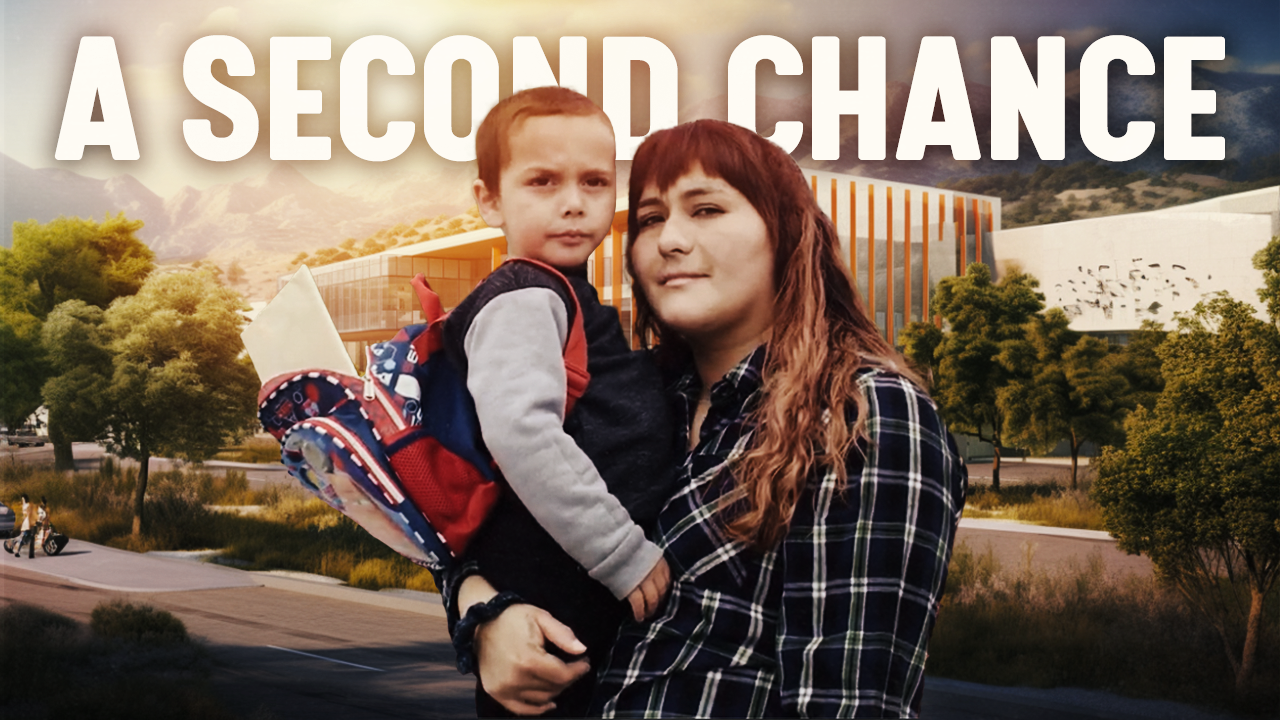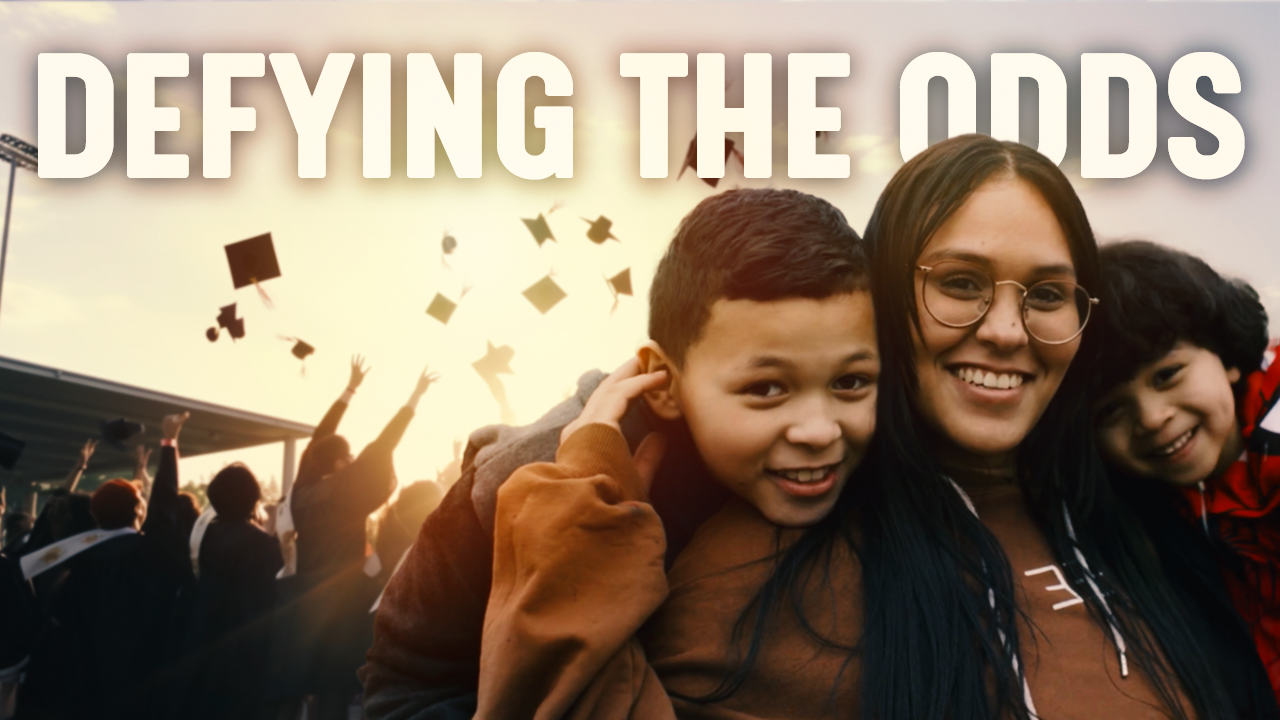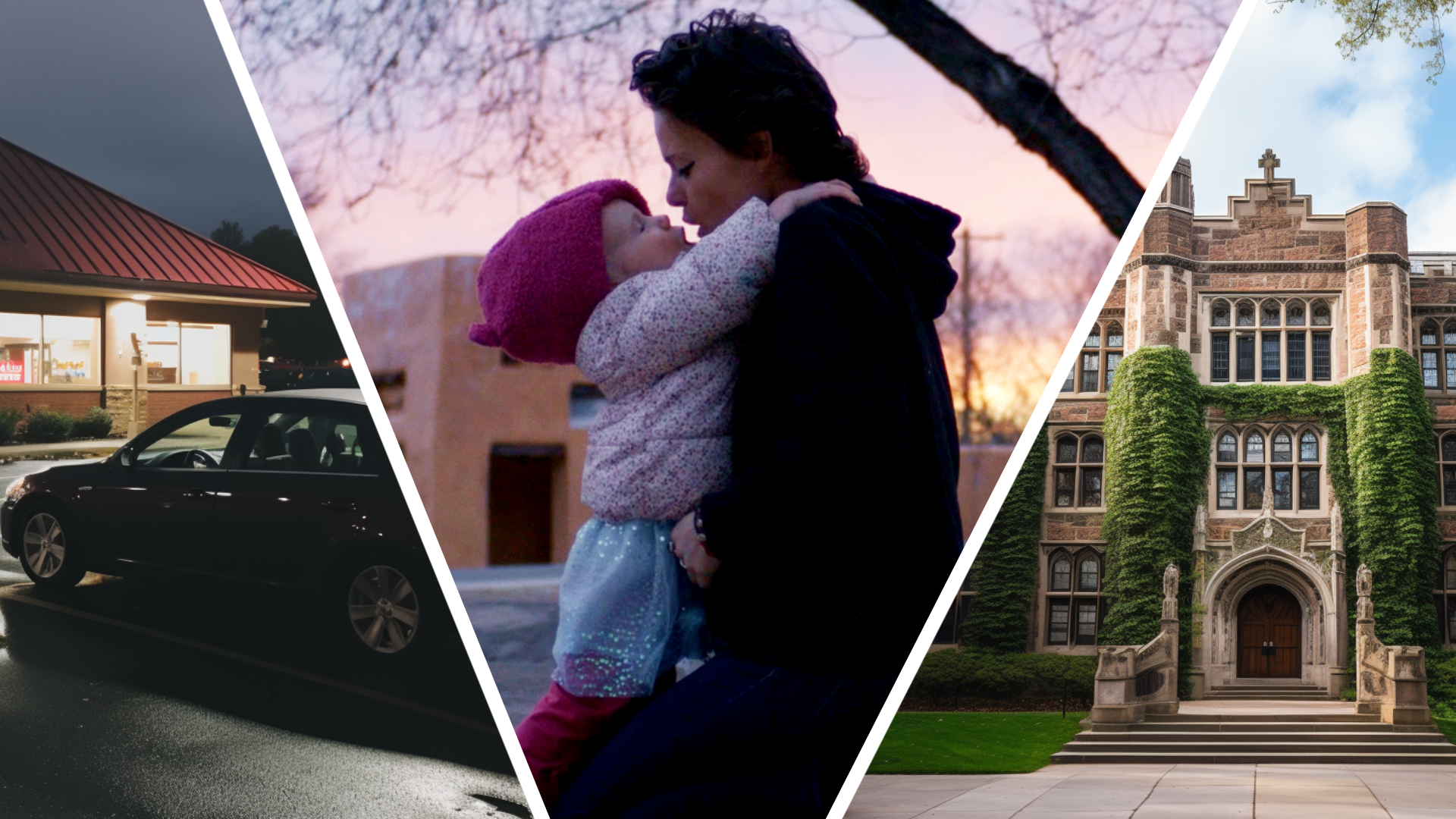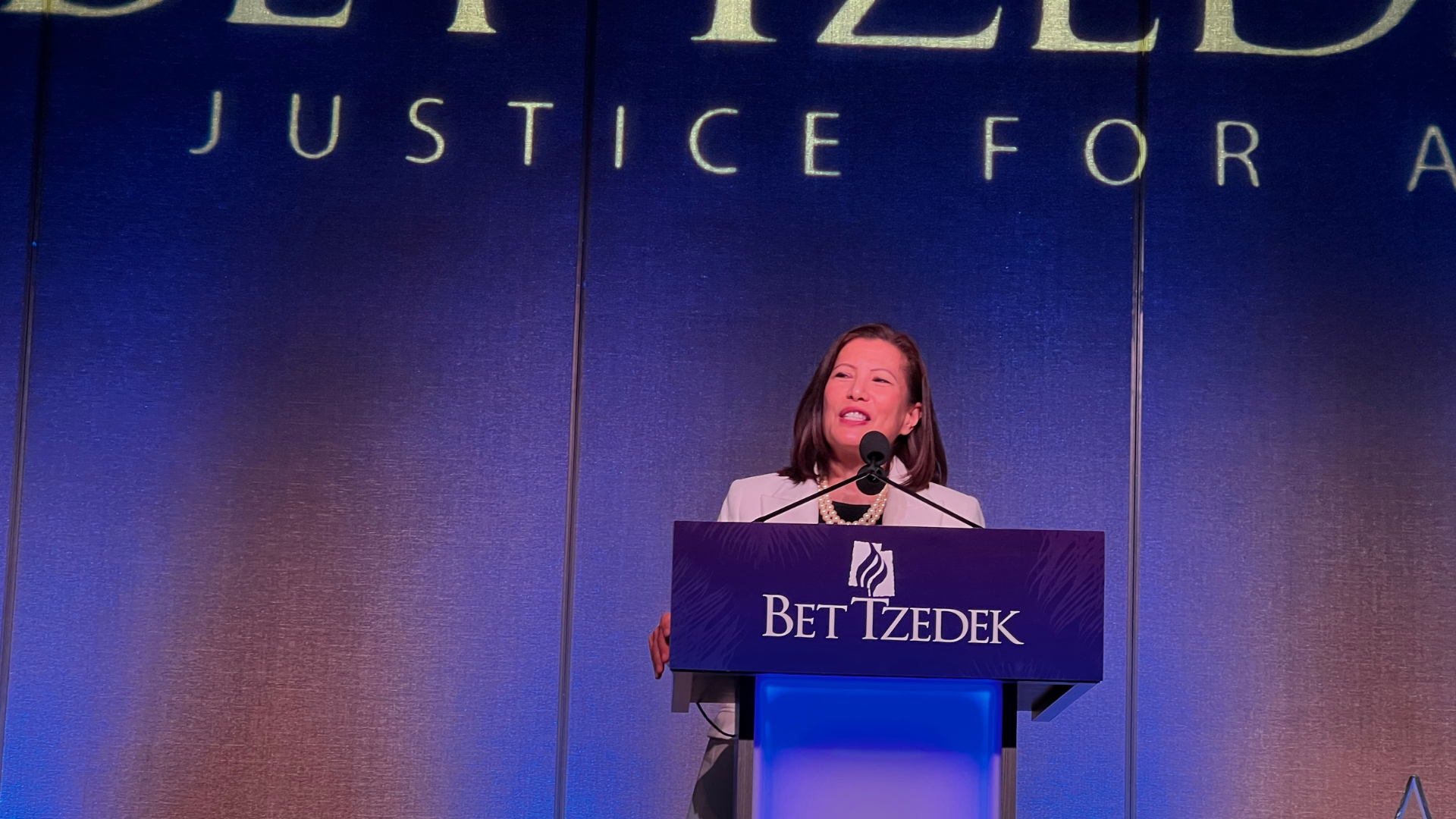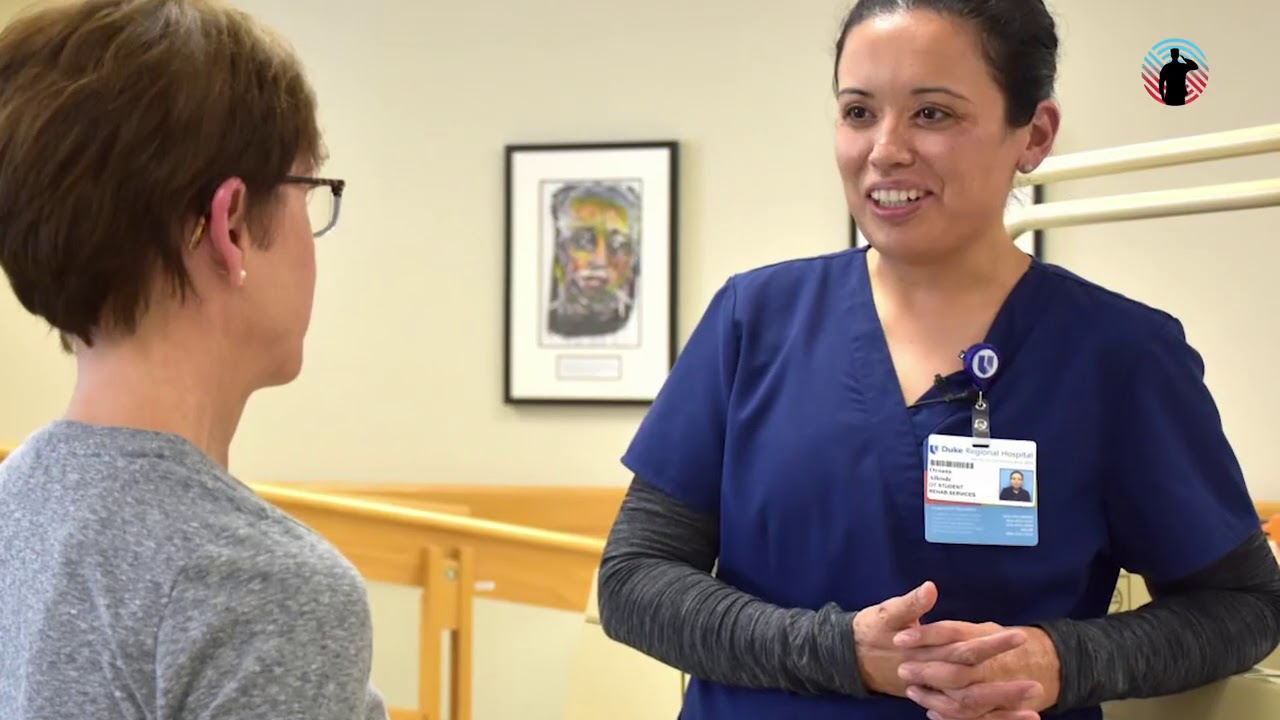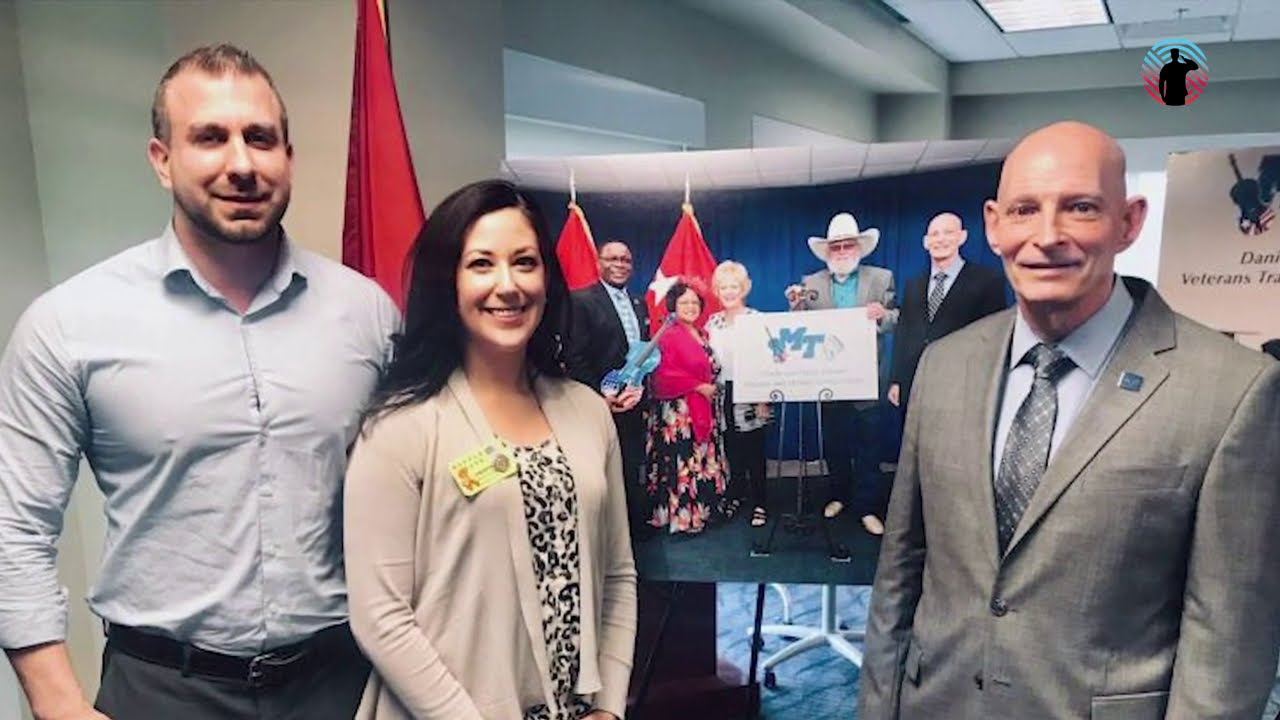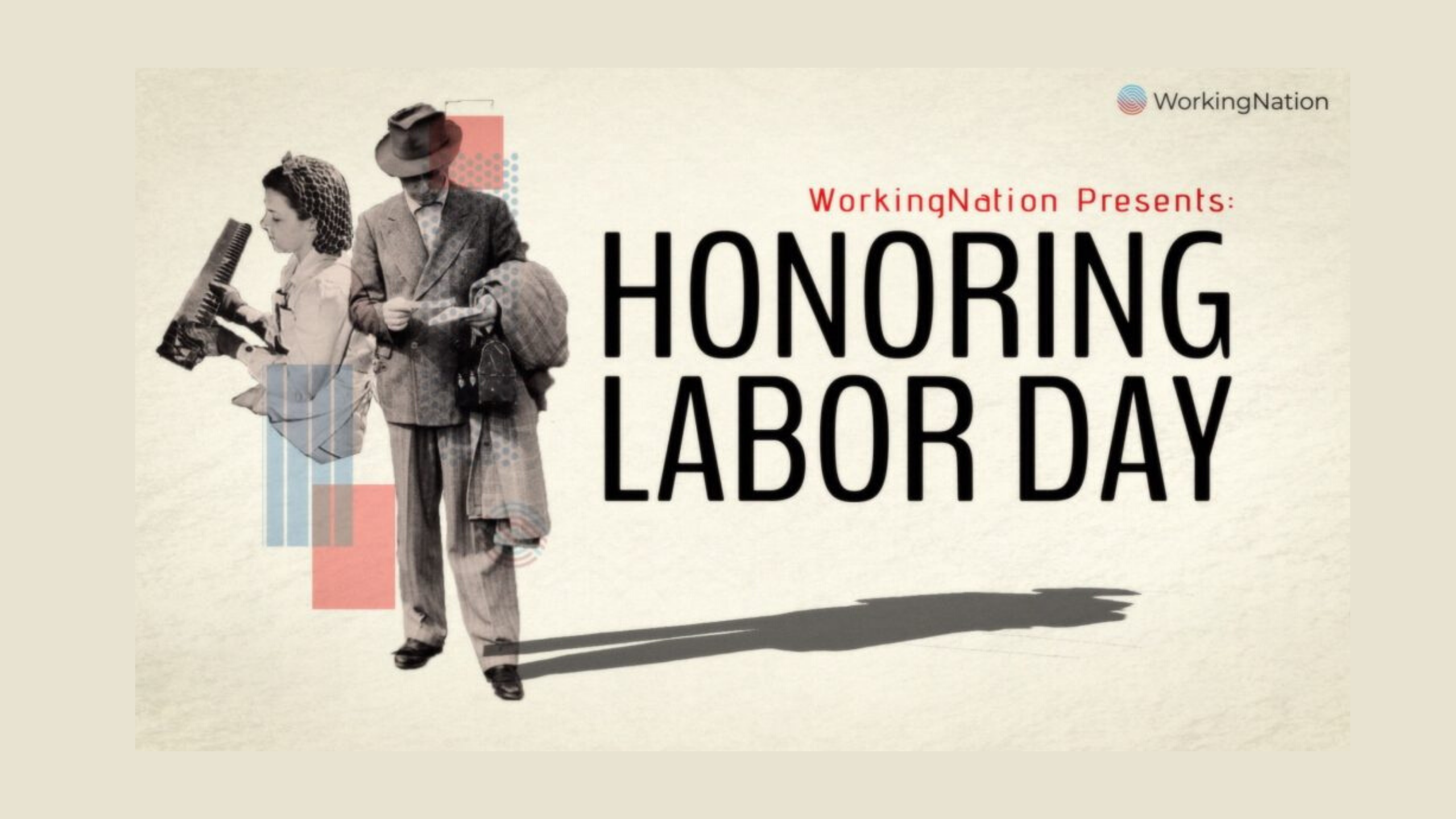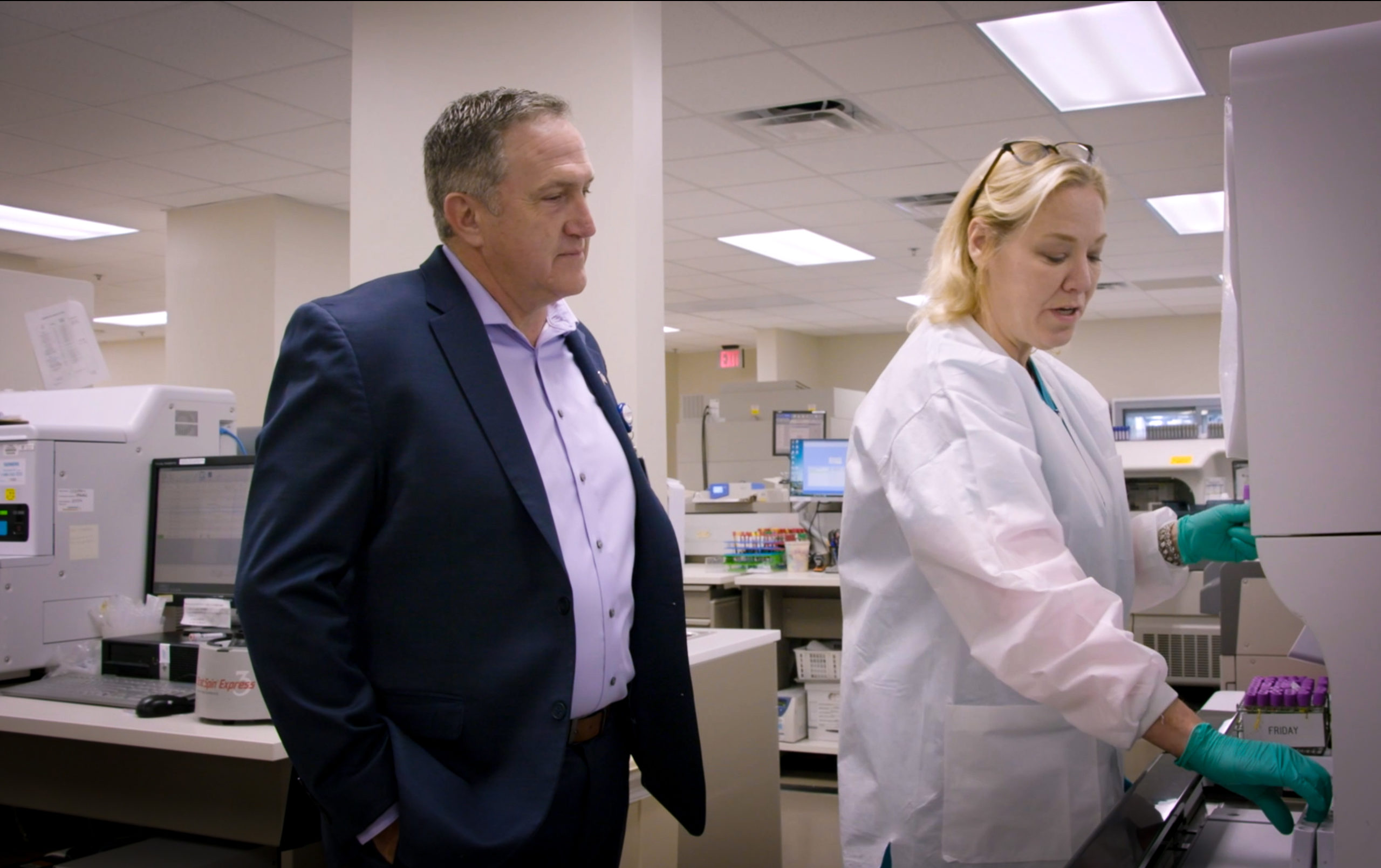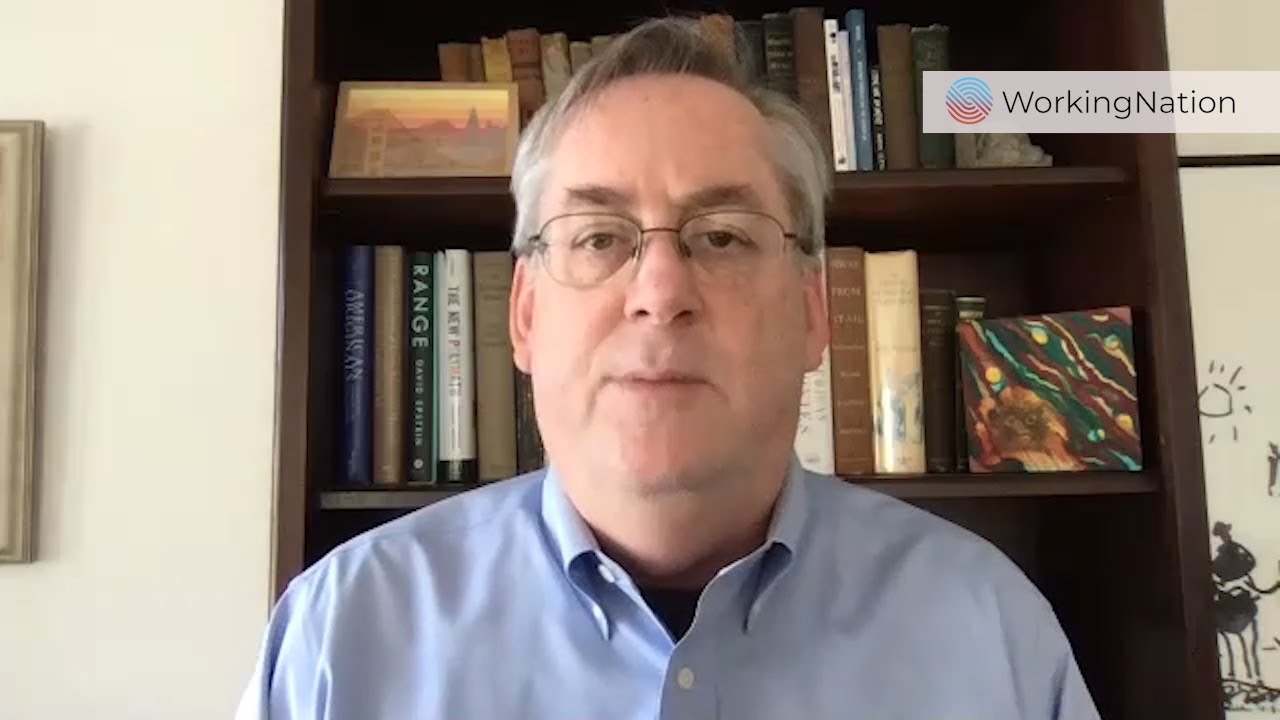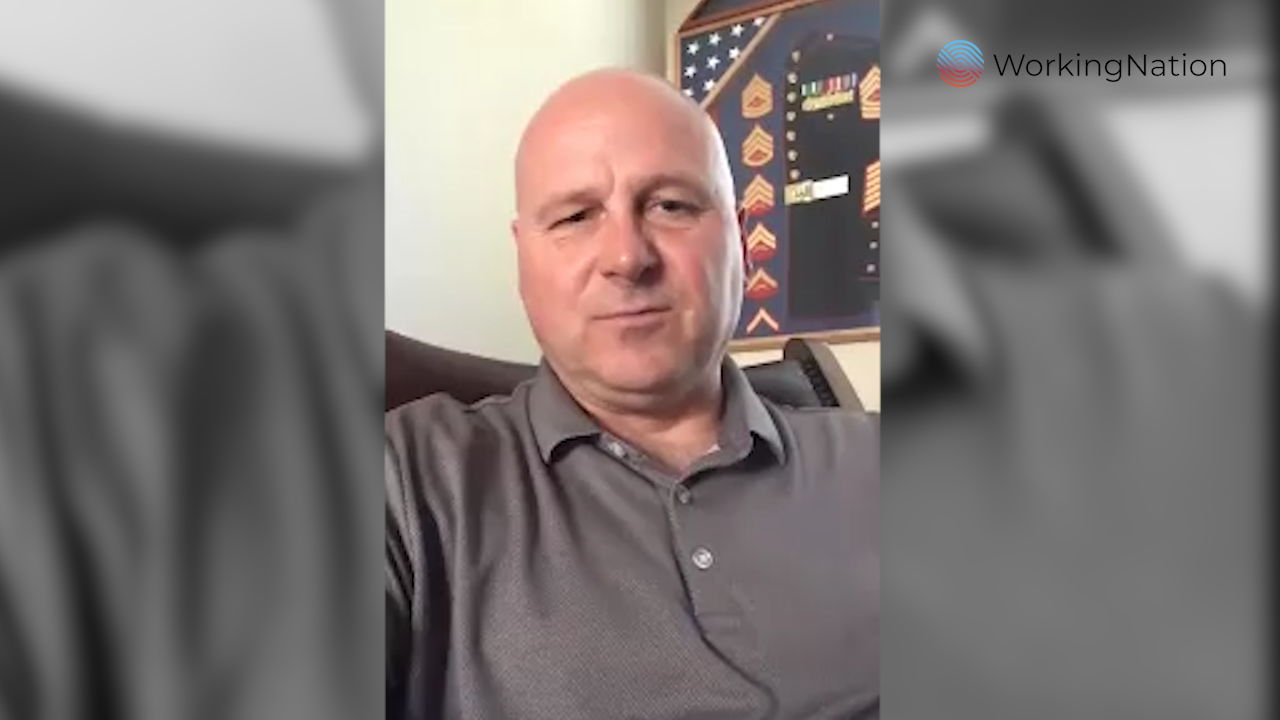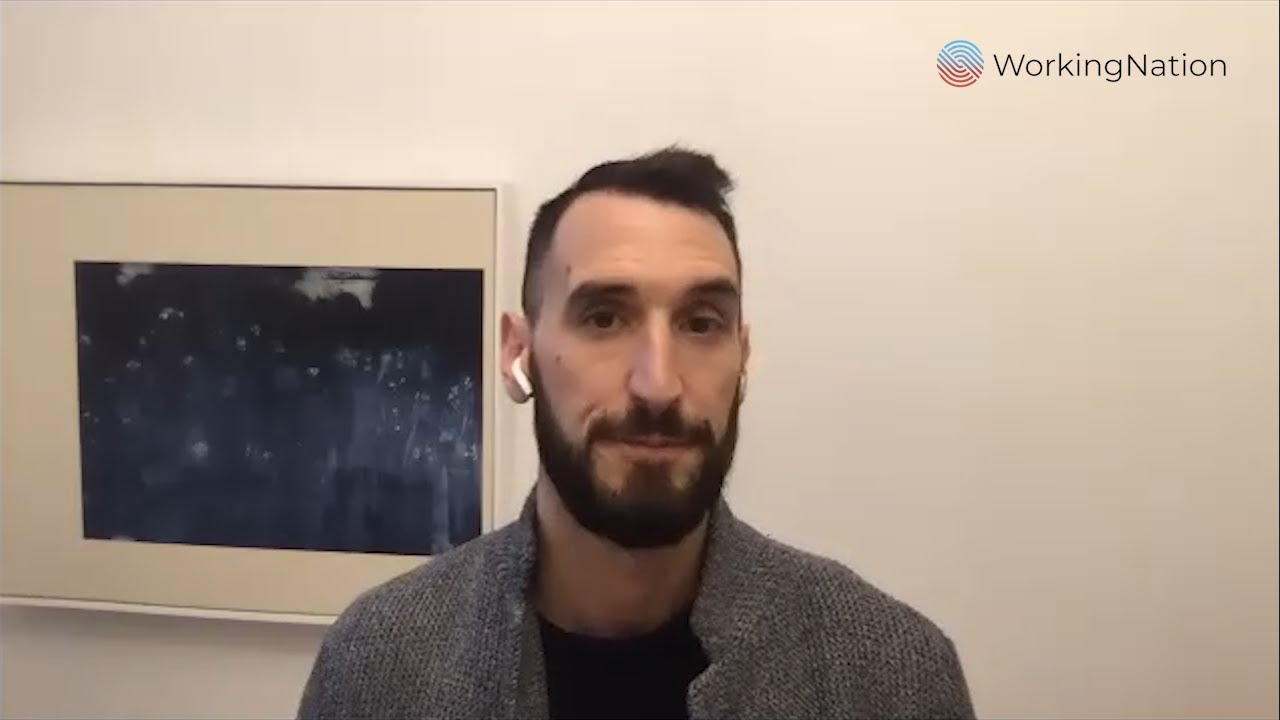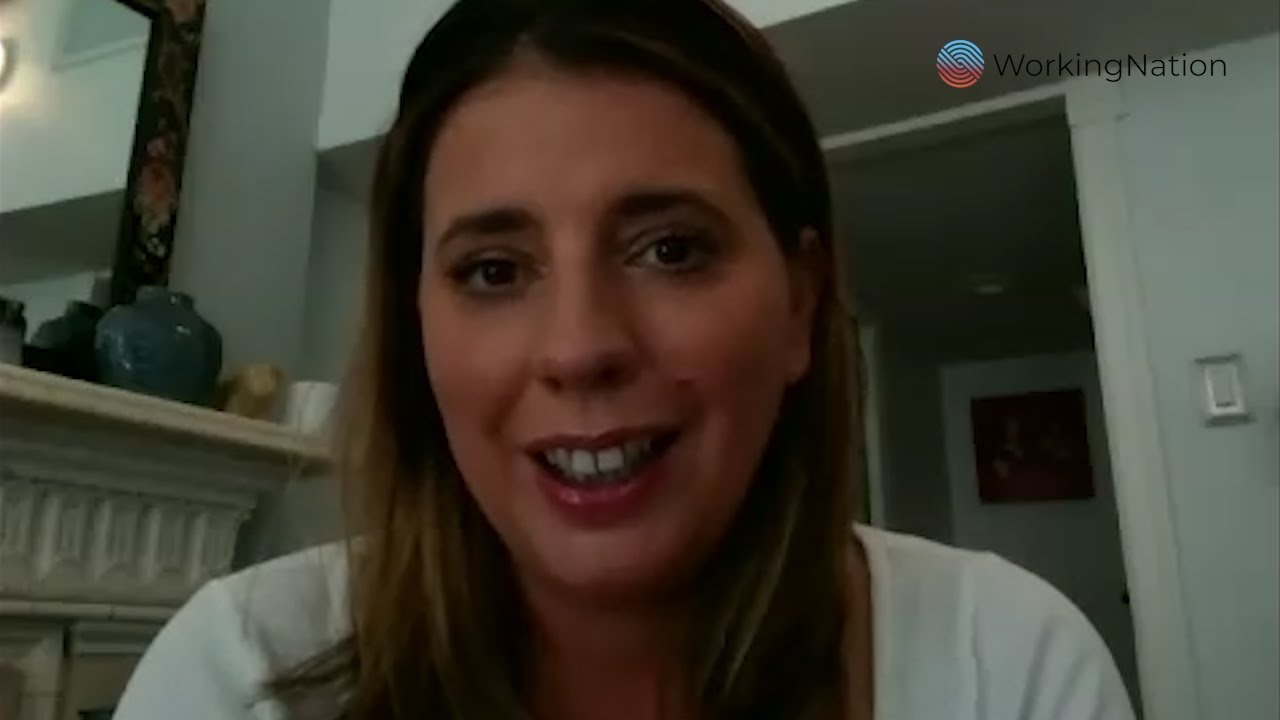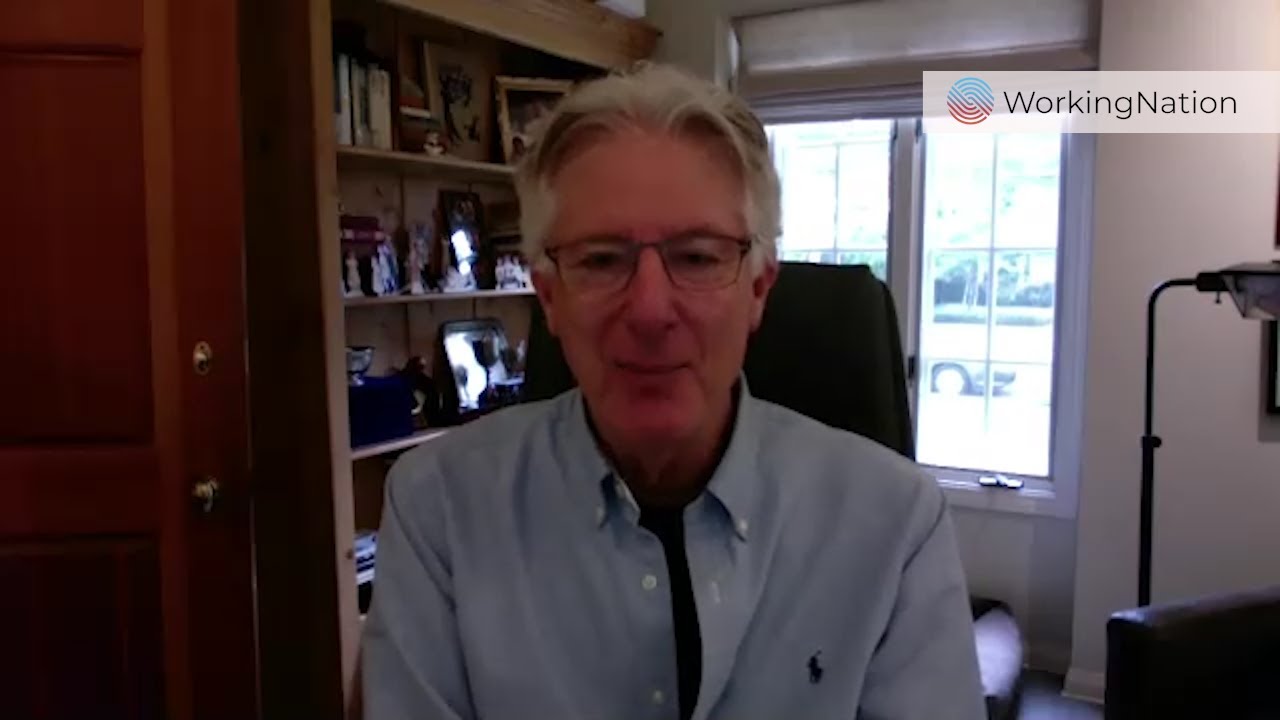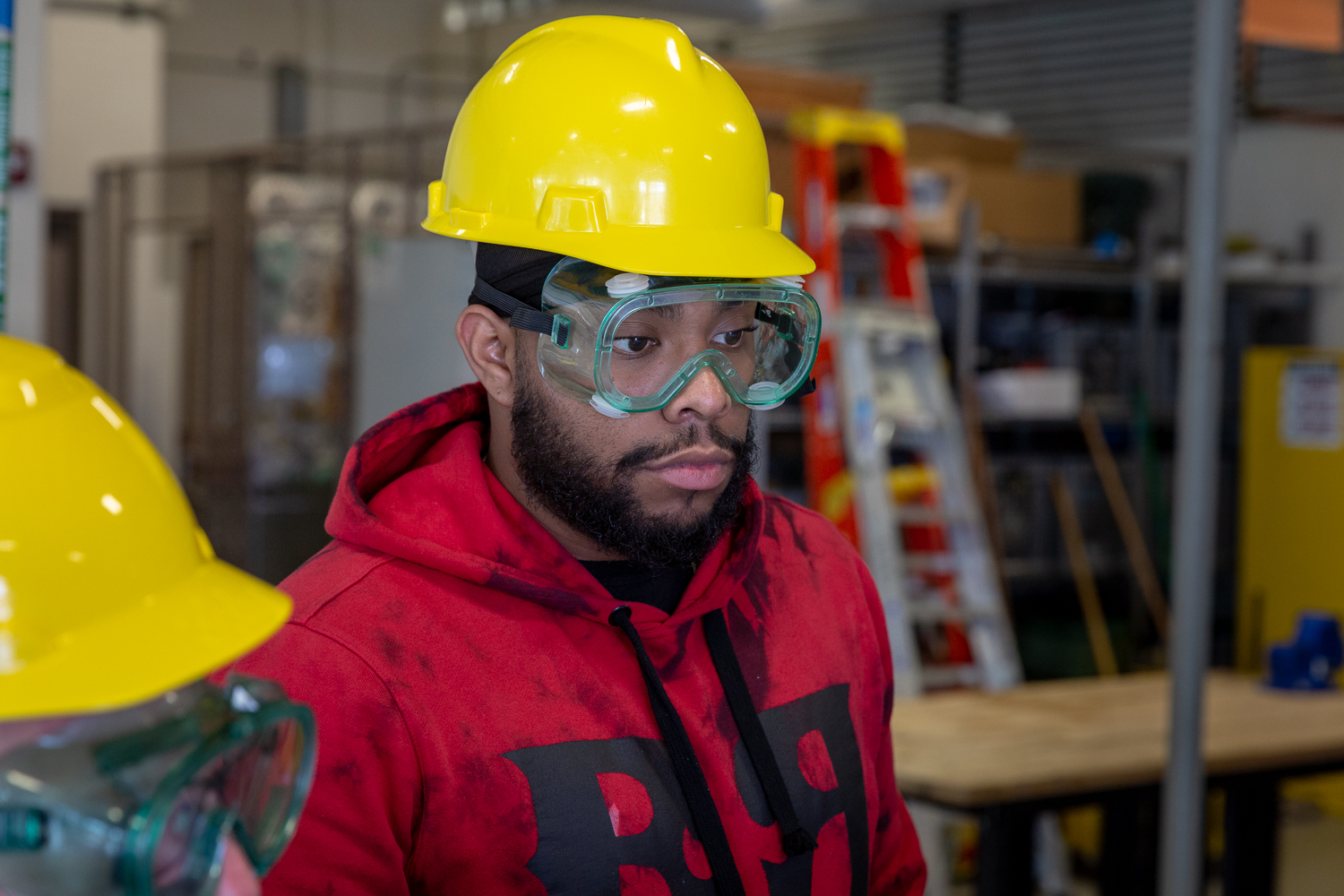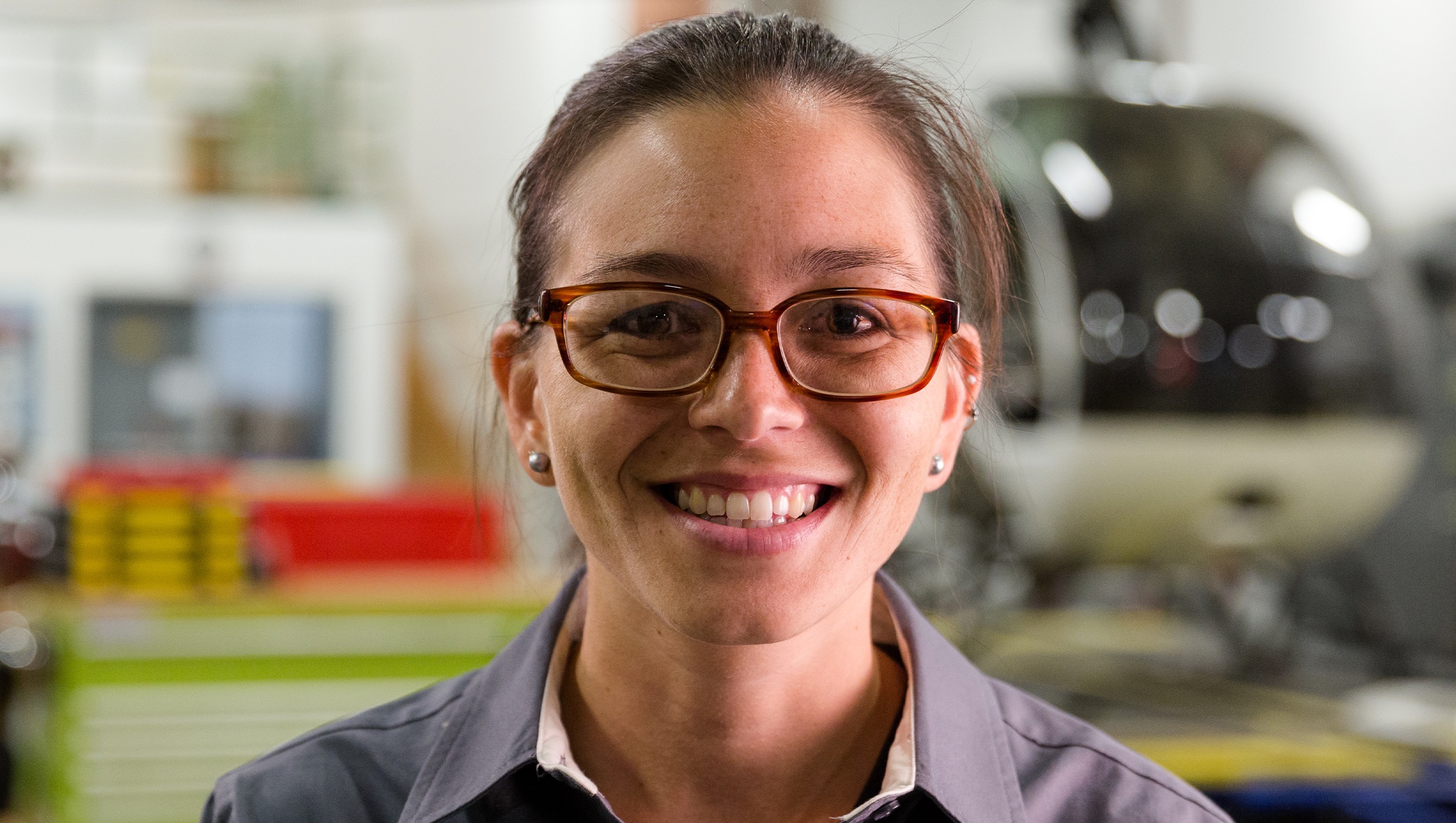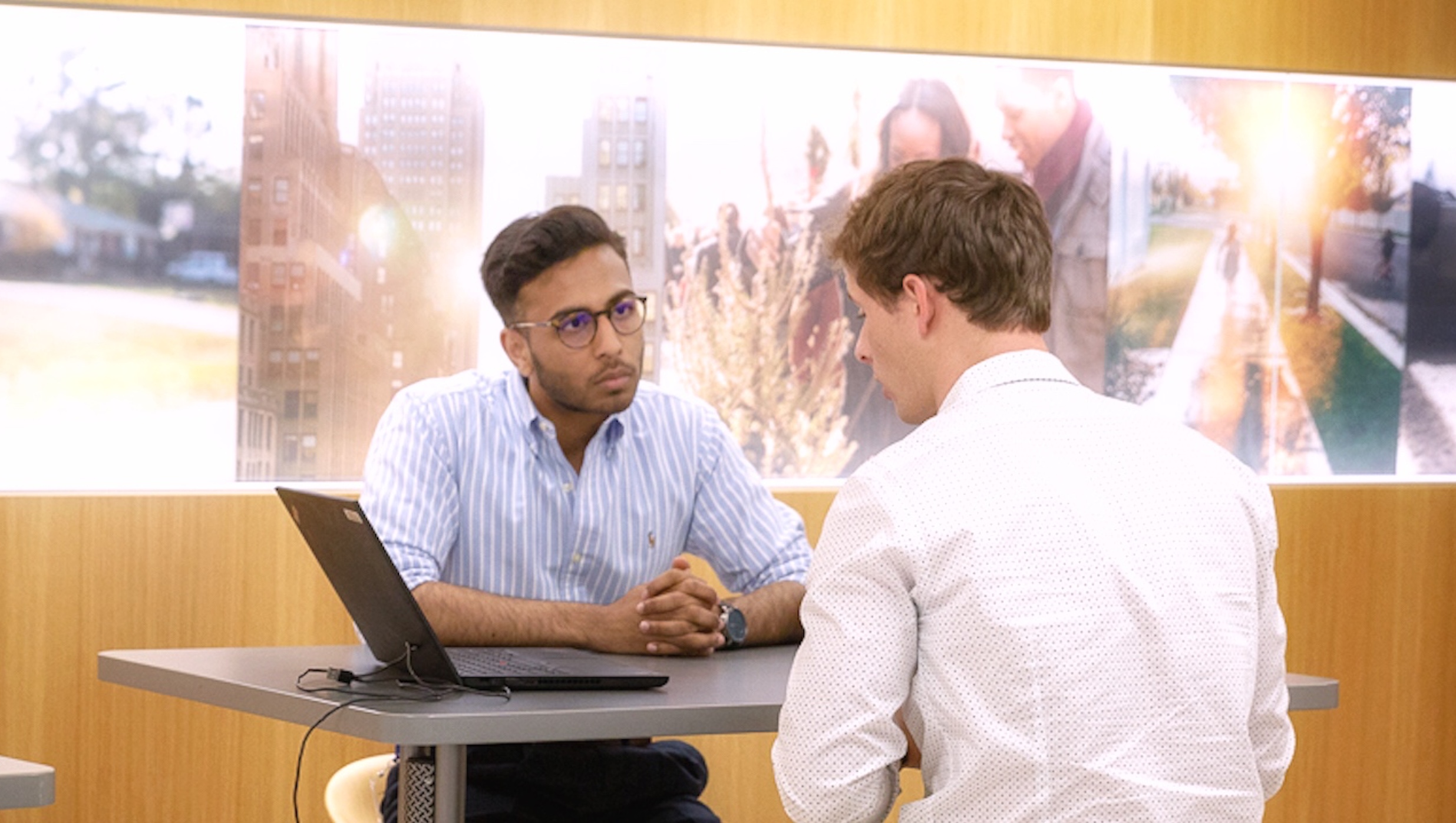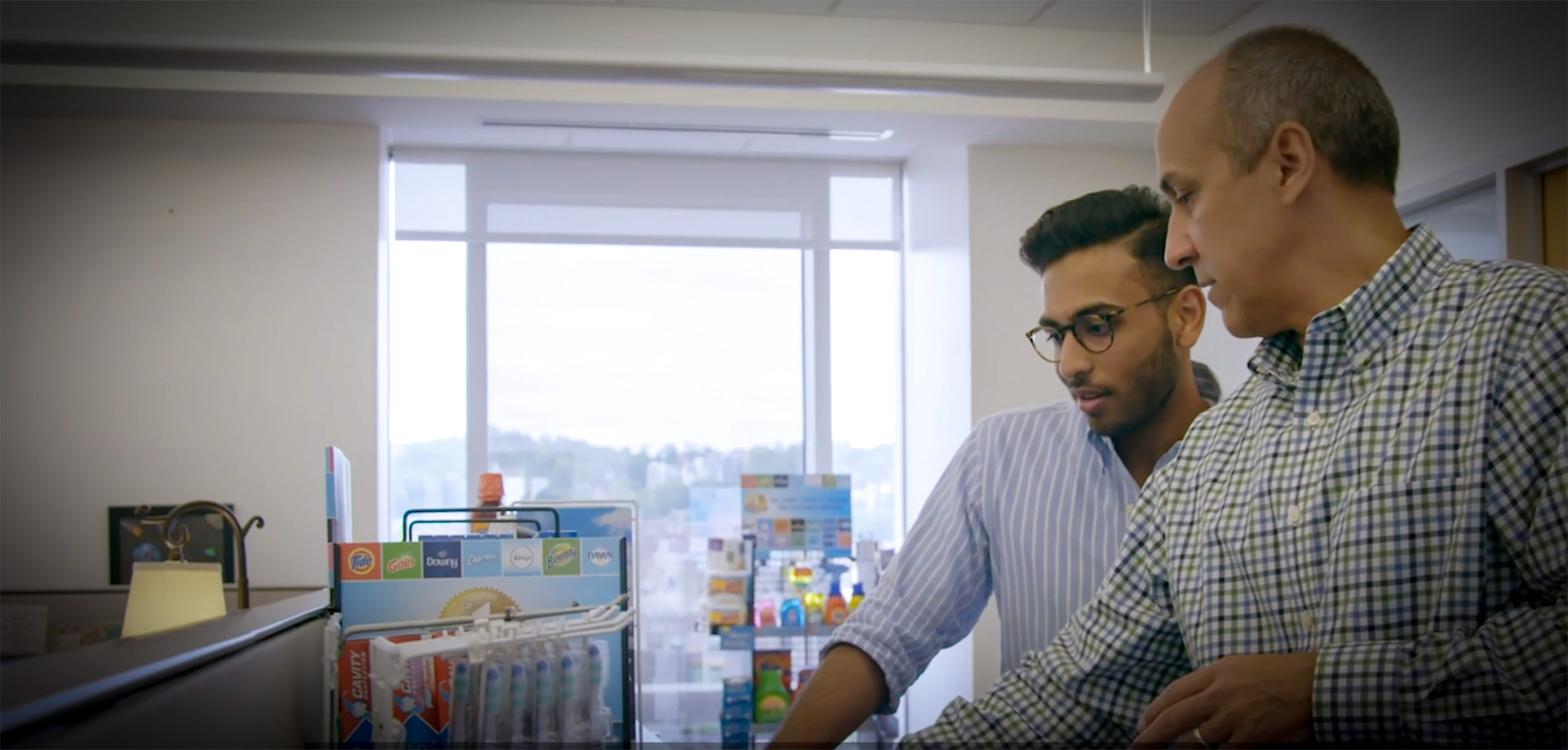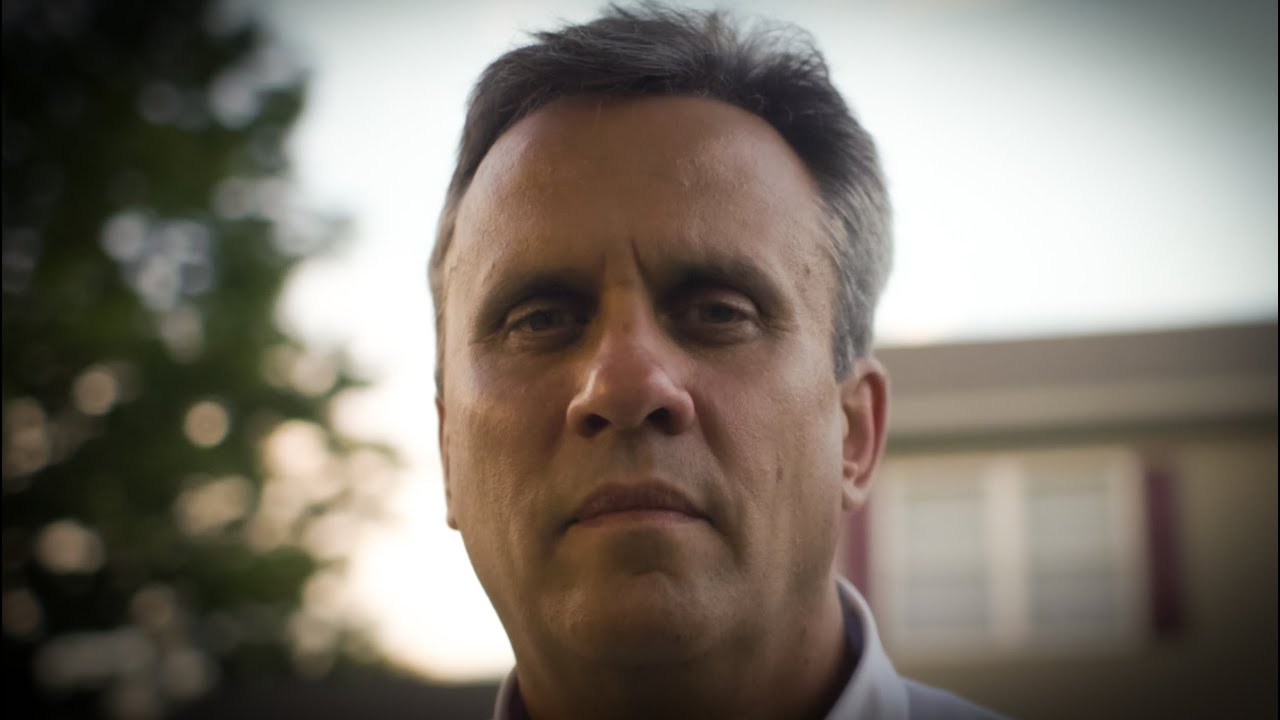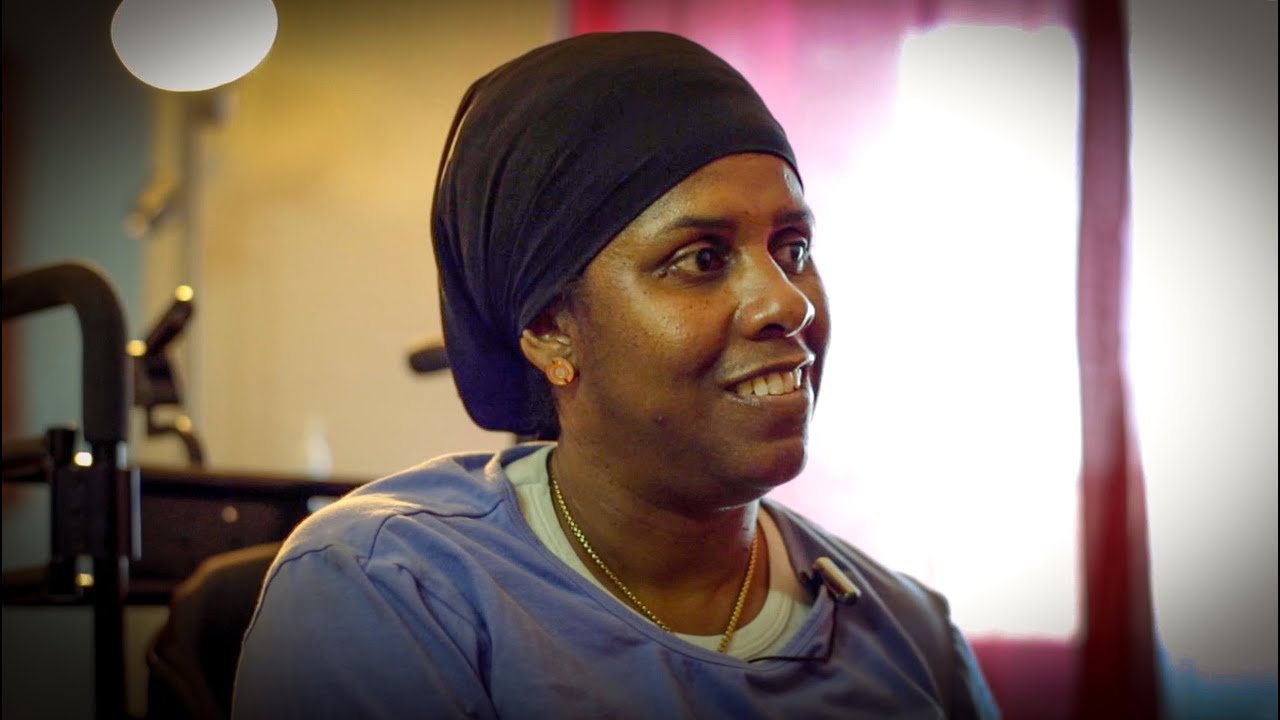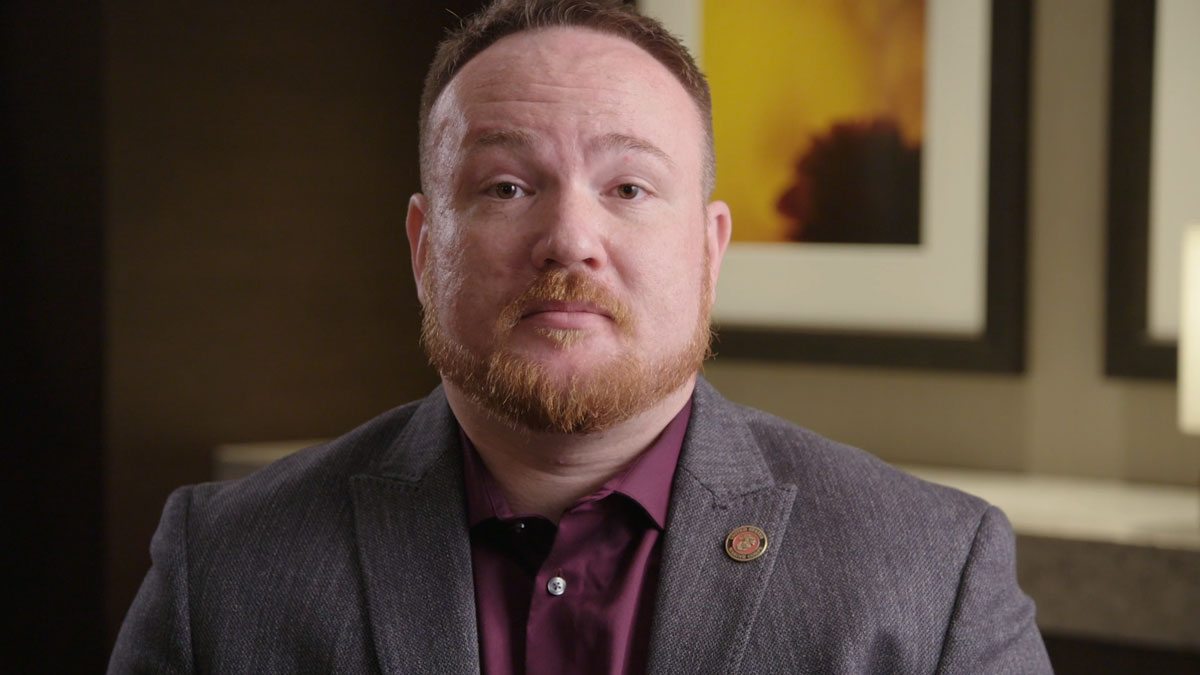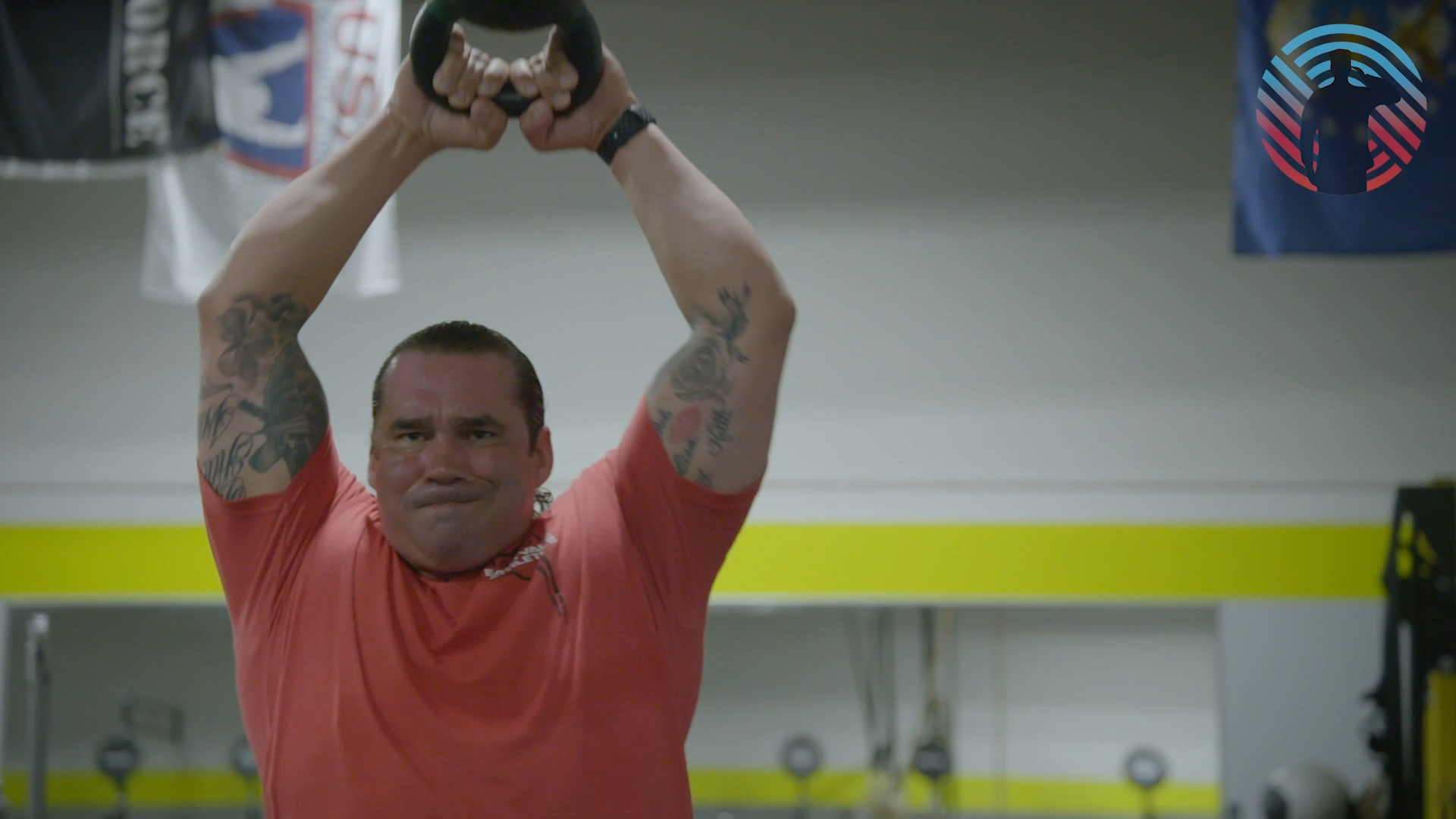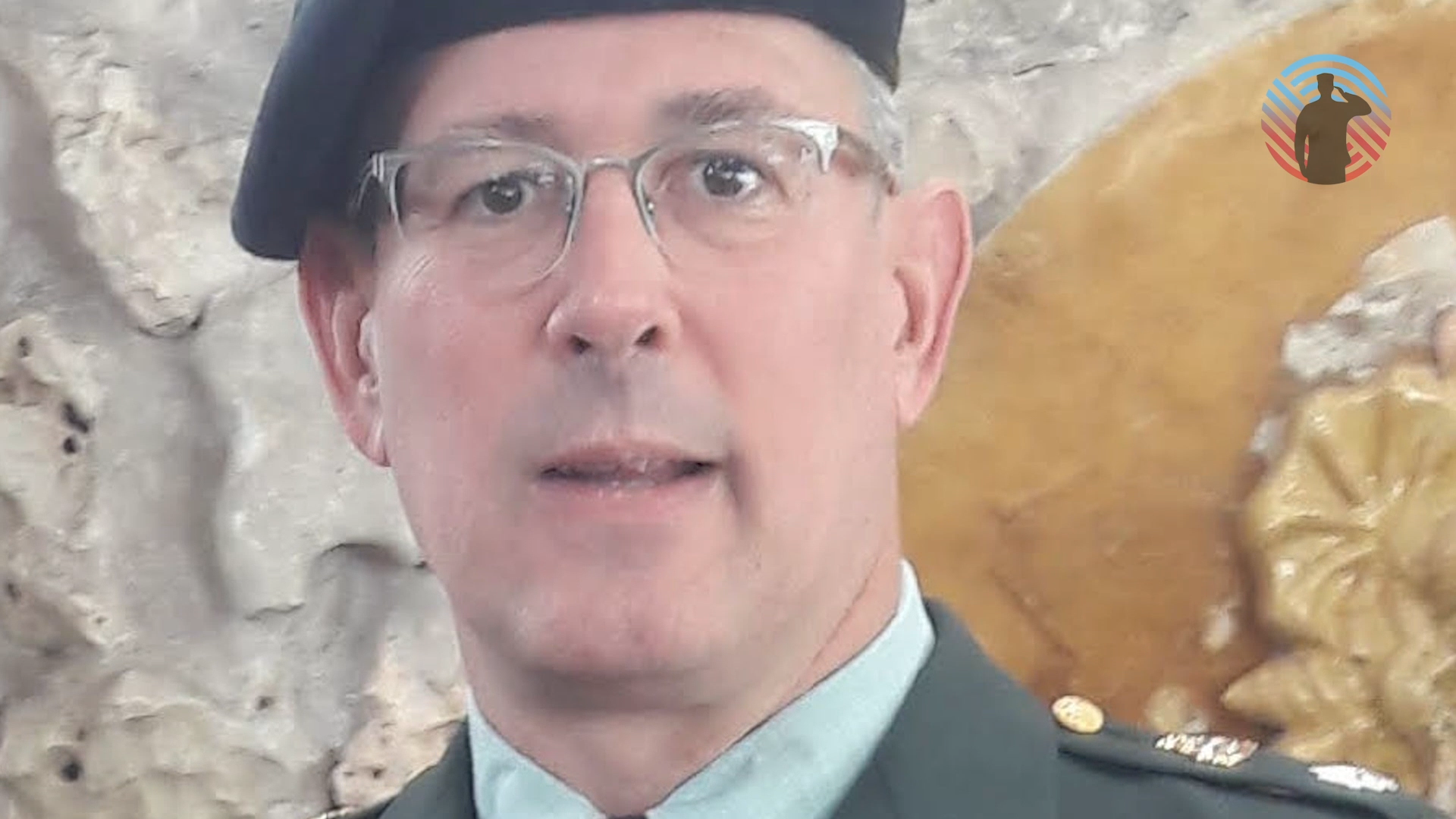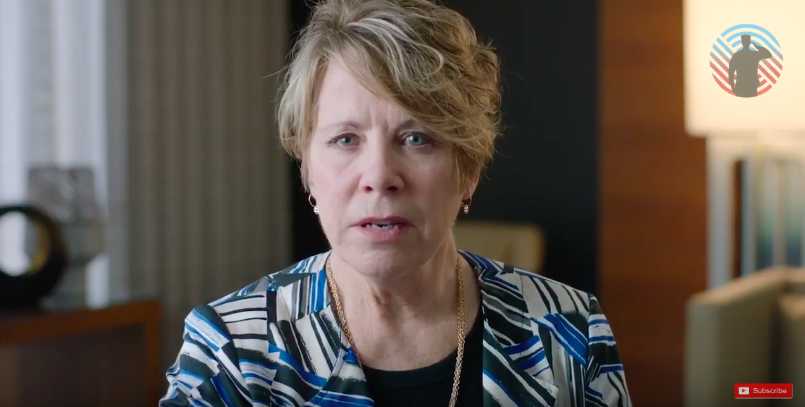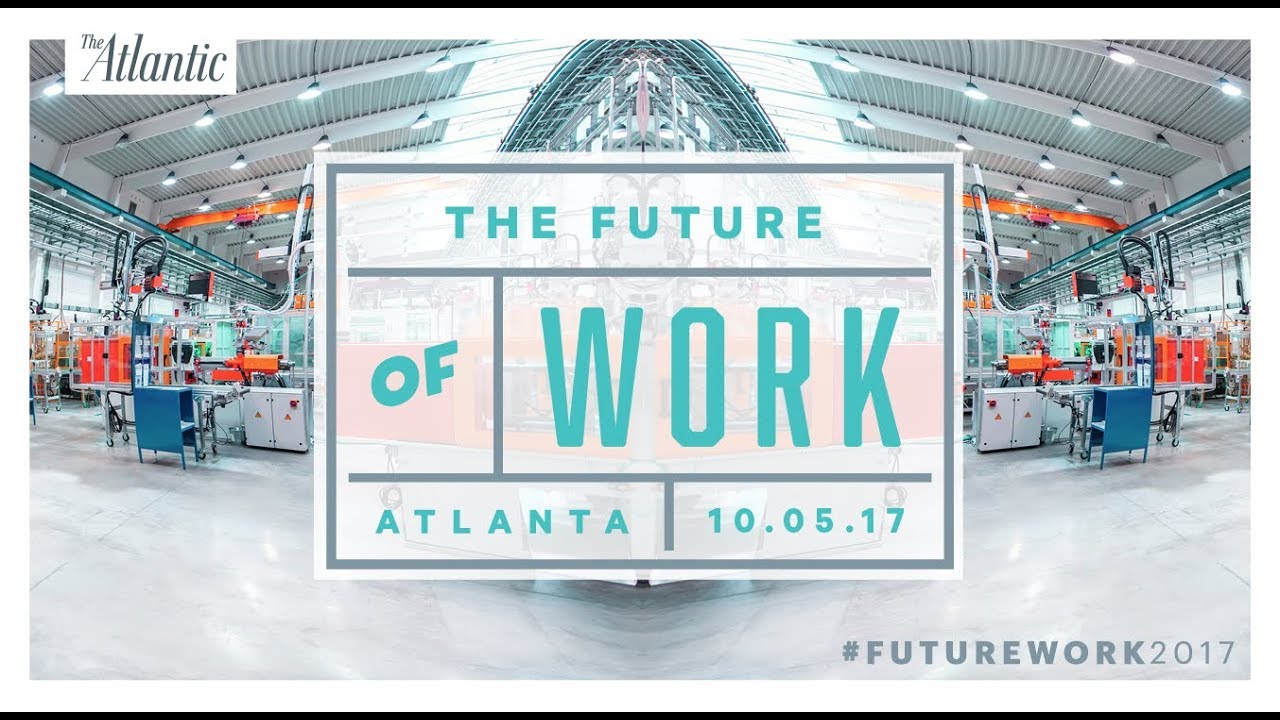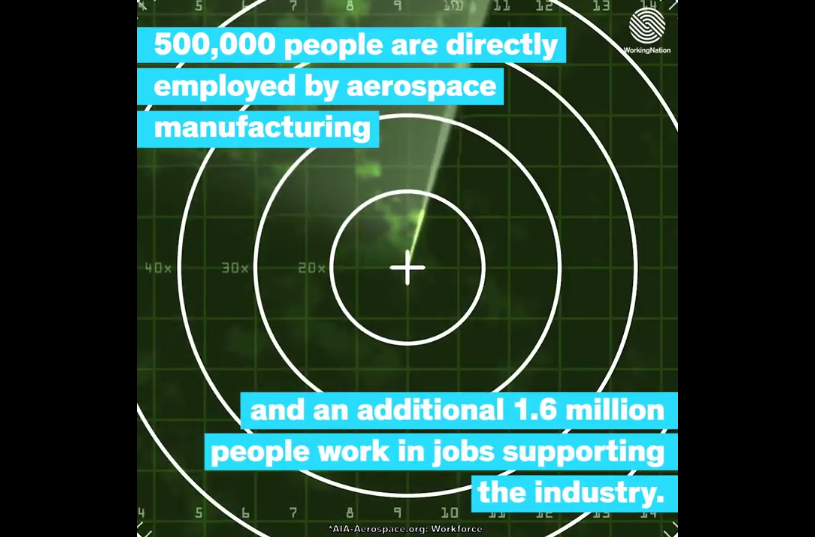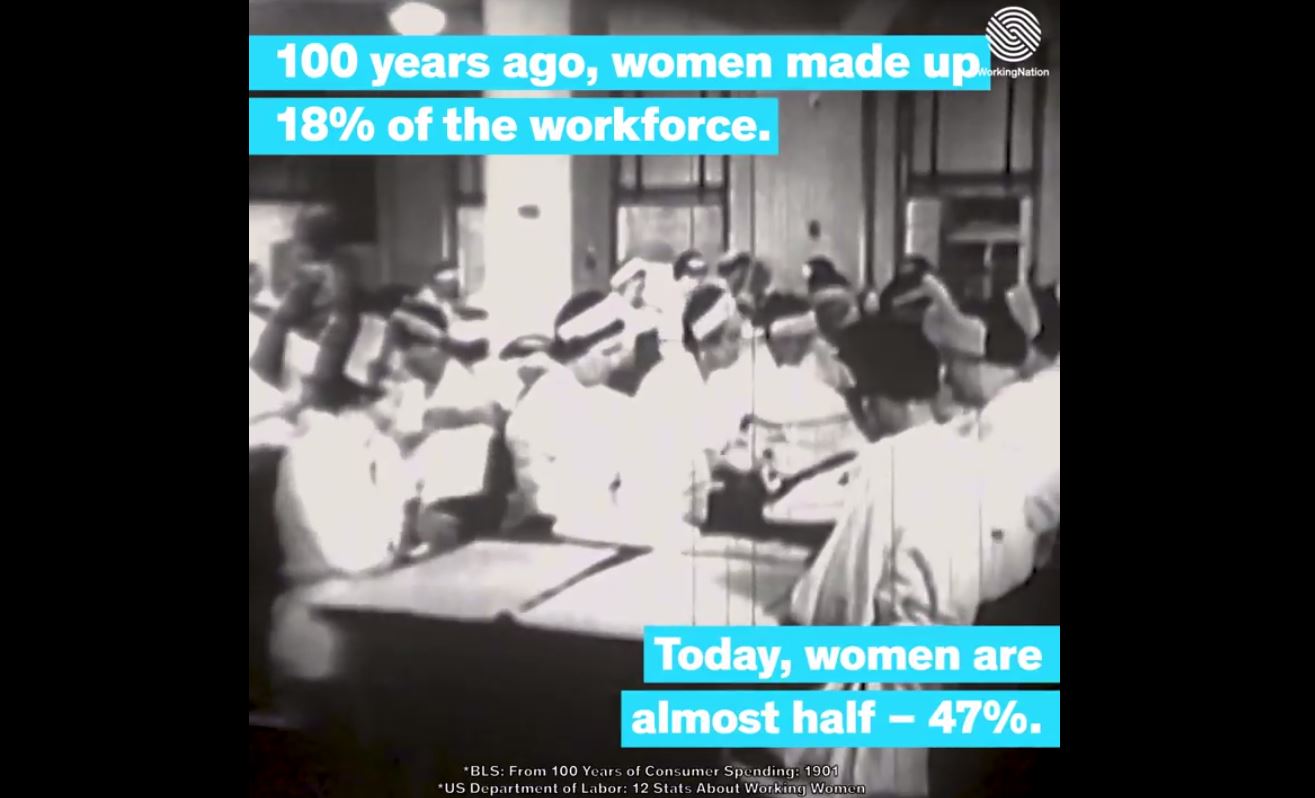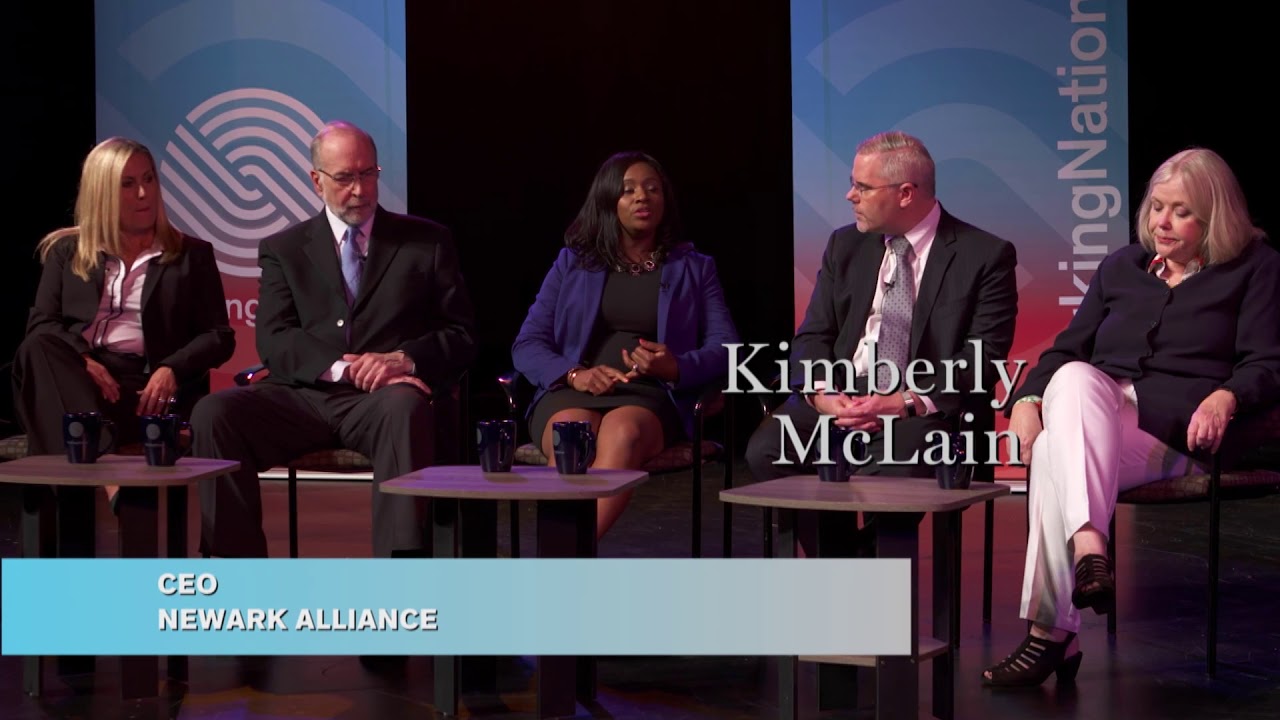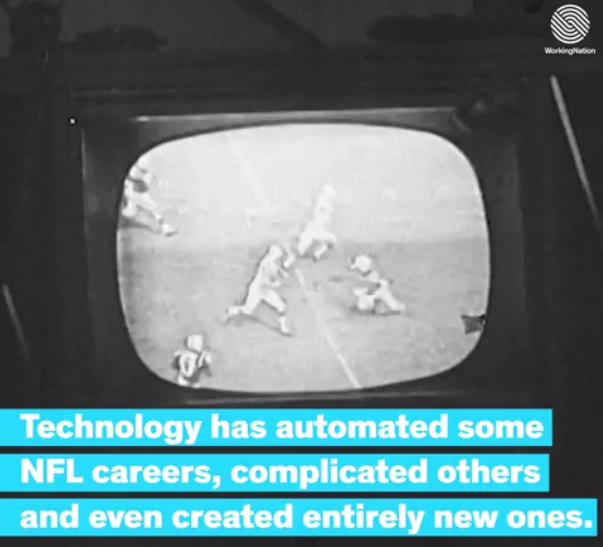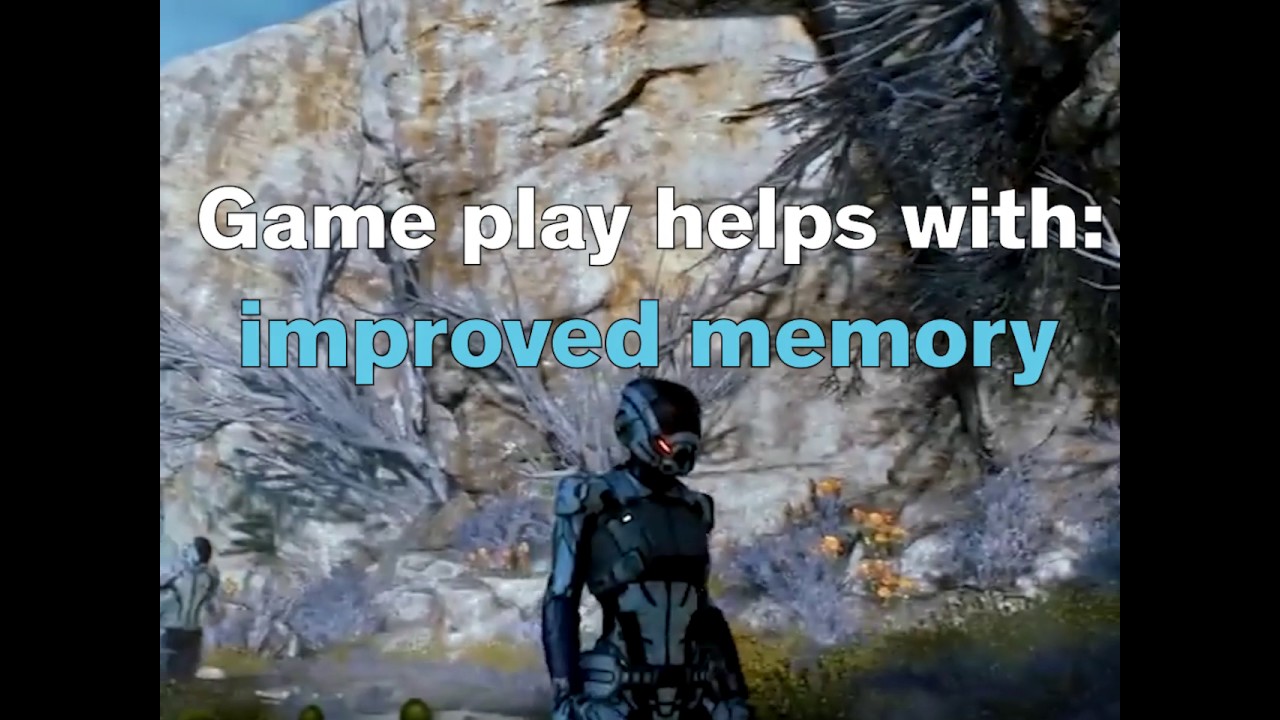To understand the future of work is to connect with the stories of the lives within its context WorkingNation Chief Content and Programming Officer Joan Lynch imparted to the audience at The Future of Work 2017 summit hosted by Atlantic Live in Atlanta.
Lynch appeared with Lumina Foundation President and CEO Jamie Merisotis Thursday morning at the summit of policymakers, educators and business leaders discussing the issues affecting the current and future workforce. She said that putting a human face with the narratives of unemployment and workforce development is central to WorkingNation’s mission.
“The story of work in the United States is the most interesting thing I’ve come into contact with,” Lynch said, “Any story you tell about a human being is in some way connected to work. It connects back into their quality of life, to who they think they are.”
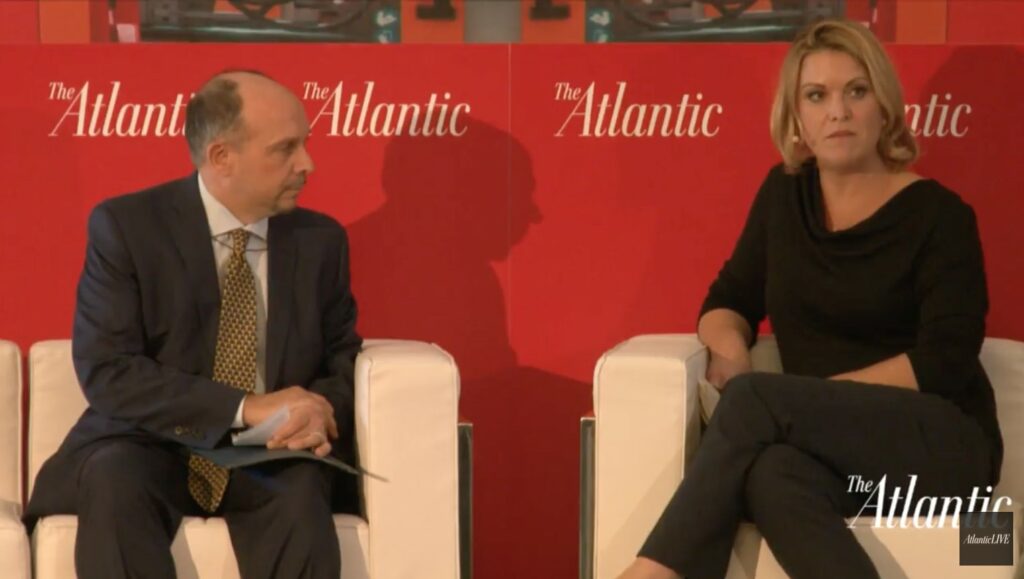
One of the narratives which received nationwide attention was the 2016 announcement of layoffs at the Carrier Corporation manufacturing plant. Merisotis highlighted WorkingNation’s ground-level profile of the workers who were affected by this employment shock as to how our storytelling provides context to complex national issues.
Lynch told Merisotis that the experience in documenting the stories of Carrier’s layoffs was revealing because, despite available resources for reskilling, many of the affected workers were not prepared for the future or willing to face an inevitability brought on by offshoring and automation in the manufacturing sector.
“One of the most interesting things is that there are jobs in Indianapolis. There are good jobs in Indianapolis. With some retraining, these folks could directly move directly into them,” Lynch said. “What was disturbing to us was that a large majority of people said they were more comfortable with the idea of being unemployed than being retrained.”
Yet as the rate of technology advances at a pace faster than educational programs can keep up, a wider push for lifelong learning and reskilling must be a priority to offset job losses and move Americans into new career fields.
“People are having to learn new skills and find new ways to adapt in an environment that is, quite frankly very different than it was 10 to 20 years ago,” Lynch said.
This path, however, Lynch noted presented difficulties for the people most vulnerable to employment shocks, including a fear of returning to school. Lynch said that breaking through outdated notions of career technical education is the best way to appeal to these workers, who may have the skill set but not the certifications and job experience employers are looking for.
“It’s great for storytellers like us to be able to change the dialogue and change the story,” Lynch said, “We’ve been able to get a lot of people into this idea that ‘Wow, my community college offers that. I didn’t realize it would be fun.'”
Merisotis said that helping people rethink education is crucial to shoring up a nationwide talent shortage which Lumina – an underwriter of the Atlantic summit and a WorkingNation partner – is also focused on solving as the largest private foundation working on higher education opportunities for all Americans.
“In the knowledge economy, the nature of work has fundamentally changed. People need to better understand that learning and work is not a sequential process, that, in fact, you learn and work in intervals throughout life,” Merisotis said.
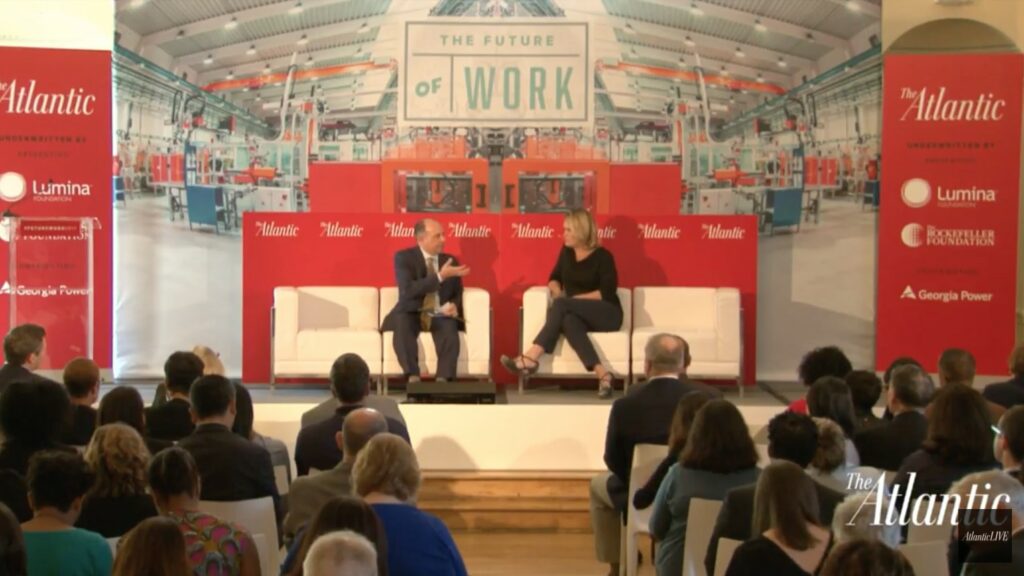
Lynch said that increased collaboration between employers, educators and policymakers is how to best identify and deploy proven solutions to reskilling the workforce and events such as the Future of Work 2017 summit were places this dialogue continues.
Whether it is a student exploring career pathways or a mid-career worker looking to improve their skill set, awareness of their available resources is key to their success, Lynch noted. With this knowledge, these workers can also be encouraged to further their education and gain the credentials employers want.
“Credentials are really the currency of the knowledge economy. As work changes, we need to make sure those credentials change as well,” Merisotis said.
Lynch remarked that credentialing is one of the ways workers can develop a new understanding of themselves and their abilities to change with the times. She repeated the maxim that “education is not a ladder but a lattice” as the guideline for this new paradigm and added that reforms to community college’s educational models, like in the summit’s host state of Georgia, are meeting this new reality.
“The community colleges and businesses are having a very clear conversation about what are the jobs in this area, what are the needs the schools can provide them,” Lynch said.
By humanizing the stories of the people who are affected by unemployment and documenting the paths they take to their next job, Lynch said WorkingNation is inspiring further change in worker’s lives and futures.


